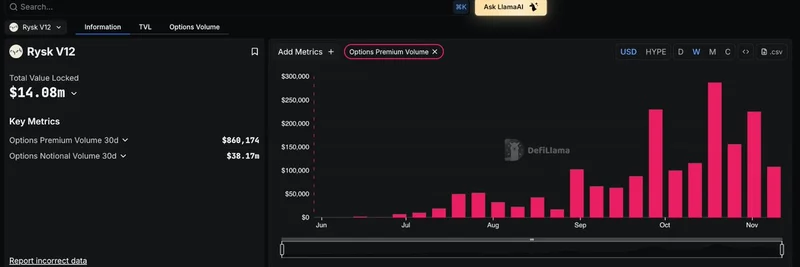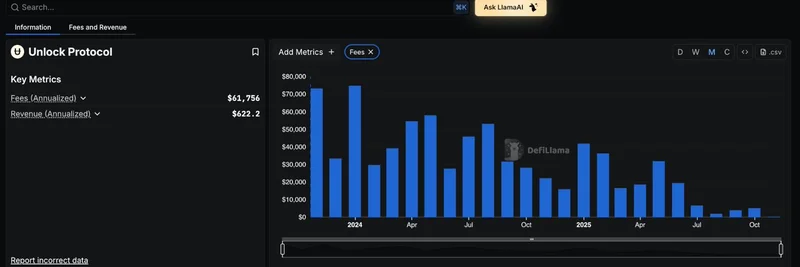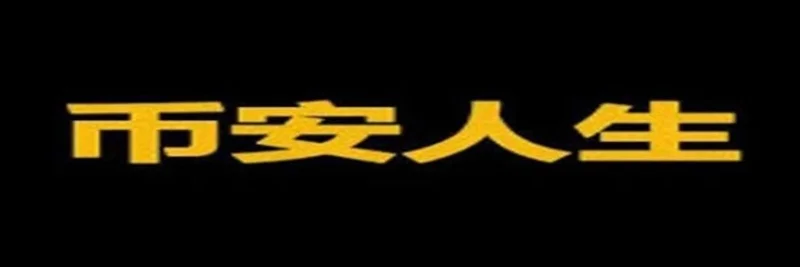In the ever-evolving world of crypto, India's approach continues to spark debates among investors and enthusiasts. A recent update from BSC News highlights how the country is sticking to its guns on heavy taxation for cryptocurrencies while pushing forward with its central bank digital currency (CBDC). This move signals a clear preference for regulated digital assets over the wild west of unbacked tokens, which could have ripple effects on the meme token scene.
The Latest Update from Piyush Goyal
Union Minister Piyush Goyal, speaking on India's digital economy, made it crystal clear: cryptocurrencies aren't banned, but they're not encouraged either—especially those without any backing from the government or real assets. According to the original tweet from BSC News, Goyal reaffirmed the heavy taxation policy, which includes a 30% tax on crypto gains plus a 1% tax deducted at source (TDS). This isn't new, but it's a firm reminder that India isn't rushing to embrace pro-crypto regulations anytime soon.
For context, India's crypto tax regime kicked in back in 2022, aiming to curb speculation in volatile assets like Bitcoin or meme coins. Goyal's comments came during discussions on digital currencies, where he emphasized the upcoming launch of an RBI-backed digital rupee. This CBDC is designed to make transactions faster, traceable, and paperless, all while staying under the central bank's control. As reported by CNBC TV18, the minister stressed that while private cryptos face steep taxes, the government is all-in on its own digital currency.
Why the Heavy Hand on Crypto Taxes?
Think of it this way: India's government sees unbacked cryptos as high-risk gambles, similar to betting on a meme token that could moon or crash overnight. By imposing heavy taxes, they're discouraging retail investors from diving in headfirst, especially in a country with millions of young crypto enthusiasts. Sources like News18 note that with an estimated 119 million crypto owners in India, this policy aims to protect consumers from volatility while channeling interest toward stable, regulated options like the CBDC.
The focus on CBDC isn't just about control—it's about innovation too. The digital rupee could revolutionize payments, making them seamless and integrated with existing banking systems. But for crypto purists, this feels like a step away from decentralization, prioritizing government oversight over peer-to-peer freedom.
Implications for Meme Tokens in India
At Meme Insider, we're all about the fun, viral side of blockchain, so let's zoom in on how this affects meme tokens. These are the ultimate unbacked assets—driven by community hype, memes, and sometimes sheer luck rather than underlying value. Tokens like Dogecoin or newer Solana-based memes thrive on speculation, but India's tax setup makes holding or trading them a costly affair.
For instance, that 1% TDS hits every transaction, eating into profits before you even cash out. Combined with the 30% capital gains tax, it could deter Indian traders from jumping into meme token pumps. If you're a blockchain practitioner building or investing in memes, this reaffirmation means navigating a tougher regulatory landscape. It might push more activity offshore or into compliant platforms, but it also highlights the need for meme projects to explore real utility to survive long-term.
One reply to the BSC News tweet captured the frustration: a user lamented that the Indian government "doesn’t care about its people, just knows how to tax the shit out of them." While that's a strong opinion, it echoes sentiments in the crypto community about corruption and over-taxation. However, as per reports from Business Standard, the policy is more about caution than outright hostility.
Looking Ahead: Opportunities in a Regulated Space
Despite the heavy taxes, India's crypto scene isn't dead—far from it. The country is positioning itself as a leader in blockchain tech, with the CBDC rollout expected soon. For meme token creators and investors, this could mean adapting: perhaps integrating with CBDC ecosystems or focusing on projects with tangible backing to appeal to risk-averse users.
If you're diving into meme tokens, remember to stay informed on local regs. Tools like tax calculators and compliant exchanges can help mitigate the bite. And who knows? As global standards evolve, India might soften its stance if cryptos prove their worth beyond speculation.
Stay tuned to Meme Insider for more updates on how regulations shape the meme token world. Whether it's India's CBDC push or the next viral coin, we've got you covered.



